
Best Ceramic Pots and Pans Colorful Cookware By Caraway
100% Ceramic Cookware; Ceramic Coated Cookware; The first type is similar to our ceramic vases and flower pots. These are the ones that are kiln-baked, with a specialty glaze. It's often referred to as 100% ceramic cookware as seen in our Xtrema cookware reviews. The second type of ceramic cookware contains only a coating of ceramic enamel.

Sorry! Something went wrong!
The Pros And Cons Of 100% Ceramic Cookware. Pure ceramic cookware is almost entirely different from nonstick ceramic cookware. 100% ceramic pots are all-natural, made from clay and minerals hardened in a kiln. This type of cookware also has its pros and cons. The Pros Of Pure Ceramic Cookware. It contains no chemicals or toxins. While it is.
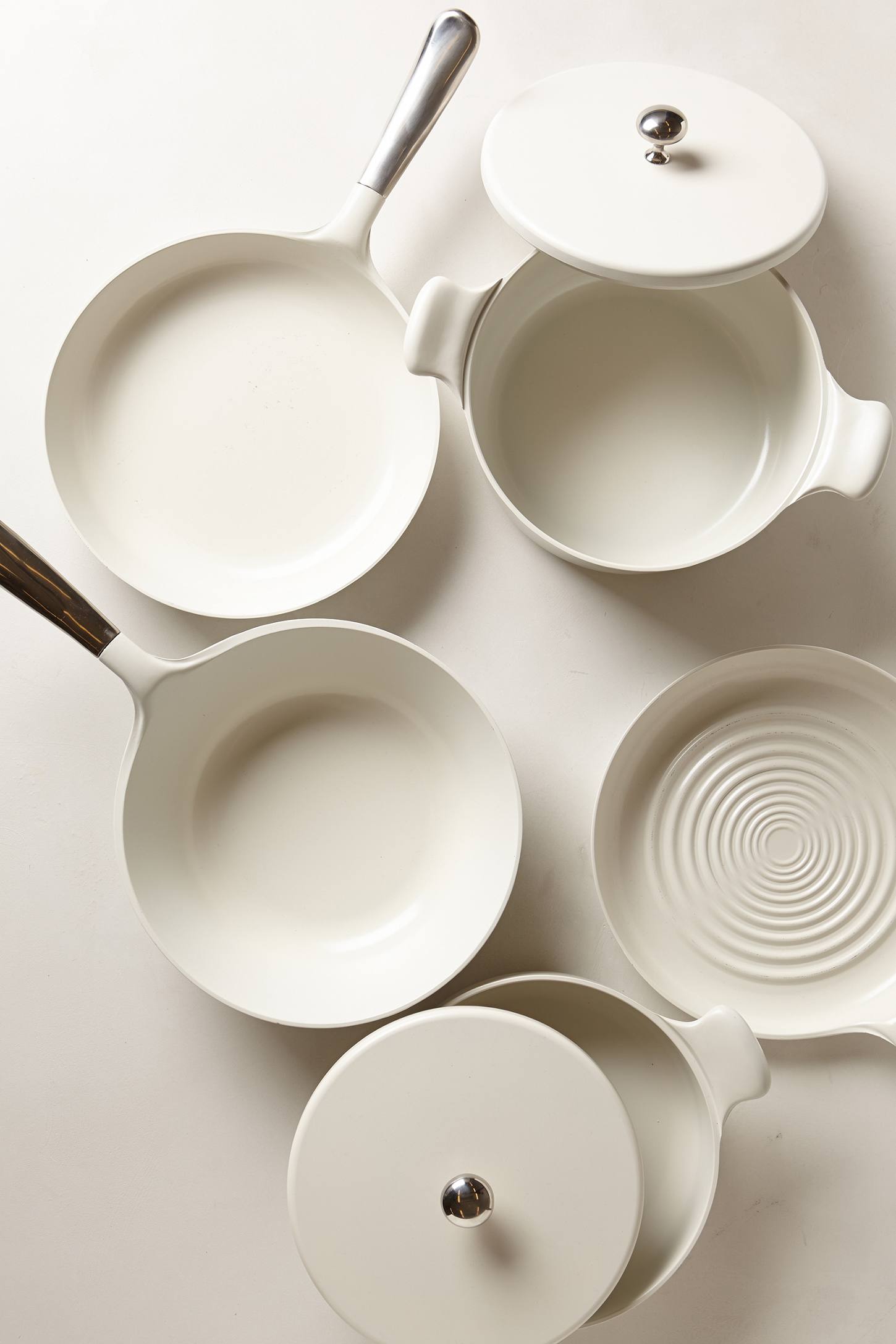
CeramicCoated Cookware Anthropologie
Non-Toxic and Eco-Friendly. One of the biggest advantages of ceramic cookware is its non-toxic nature. Unlike traditional non-stick pans that use chemicals like PFOA, PFAS, and PTFE, ceramic cookware is free from these harmful substances. The ceramic coating is derived from natural sand and does not contain lead, cadmium, or other potentially.

A Guide to the Best Material for Pots and Pans A Pros and Cons List
7. Lightweight: Ceramic cookware is also very lightweight which makes it easy to handle. If you have trouble lifting heavy pots and pans, then ceramic cookware would be a great option for you. 8. No seasoning required: Seasoning is the process of coating the cookware with oil or fat to create a non-stick surface.

Coated Vs Uncoated Paper The Pros And Cons Explained
2. Shorter Lifespan. Even if you manage to carefully source a well-made ceramic pan, your cookware is still only likely to last a couple of years, max. This is due to the nature of the silicon oxide coating, which naturally releases every time you heat up your pan. Once that coating has worn out, your pan will no longer be non stick.

NonStick Ceramic Coated Copper Fry Pans (Set of 3) Groupon
A ceramic - coated pan is essentially any metal pan with a thin ceramic layer on top. The substrate, or metal core, of the pan varies from brand to brand. Some companies use anodized aluminum, which is an inexpensive metal known for its conductive properties. Other brands use cast iron or stainless steel.

casaWare Purple 9'' Round CeramicCoated Pan Ceramic coated pans
Ceramic-coated aluminum cookware uses a natural mineral coating to keep food from adhering to the surface. The ceramic coating is free of PFOS, PFOA, and PTFE. Most other nonstick pots and pans are coated in PTFE, aka Teflon, to achieve their nonstick properties, and should not be exposed to hot temperatures.

Pin on Stuff to Buy
Ceramic provides a natural non-stick surface without the use of toxic chemicals in its production. In fact, we take pride in our 100% non-toxic cookware. All of our products are free of PTFE, PFAS, and PFOA, as well as lead, cadmium, and toxic metals. This ensures a healthy cooking experience in more ways than one.

Ceramic Pans Pros And Cons Aluminum pans, Pans, Beautiful kitchens
The heavy and layered base of these pans also allows for even cooking. The pan surface is sturdy and not prone to warping. 7. Durability. With proper care and maintenance, ceramic pans enjoy a long lifespan. The layer of sol-gel releases silicone oil for a long time, making the pan retain its non-stick properties.
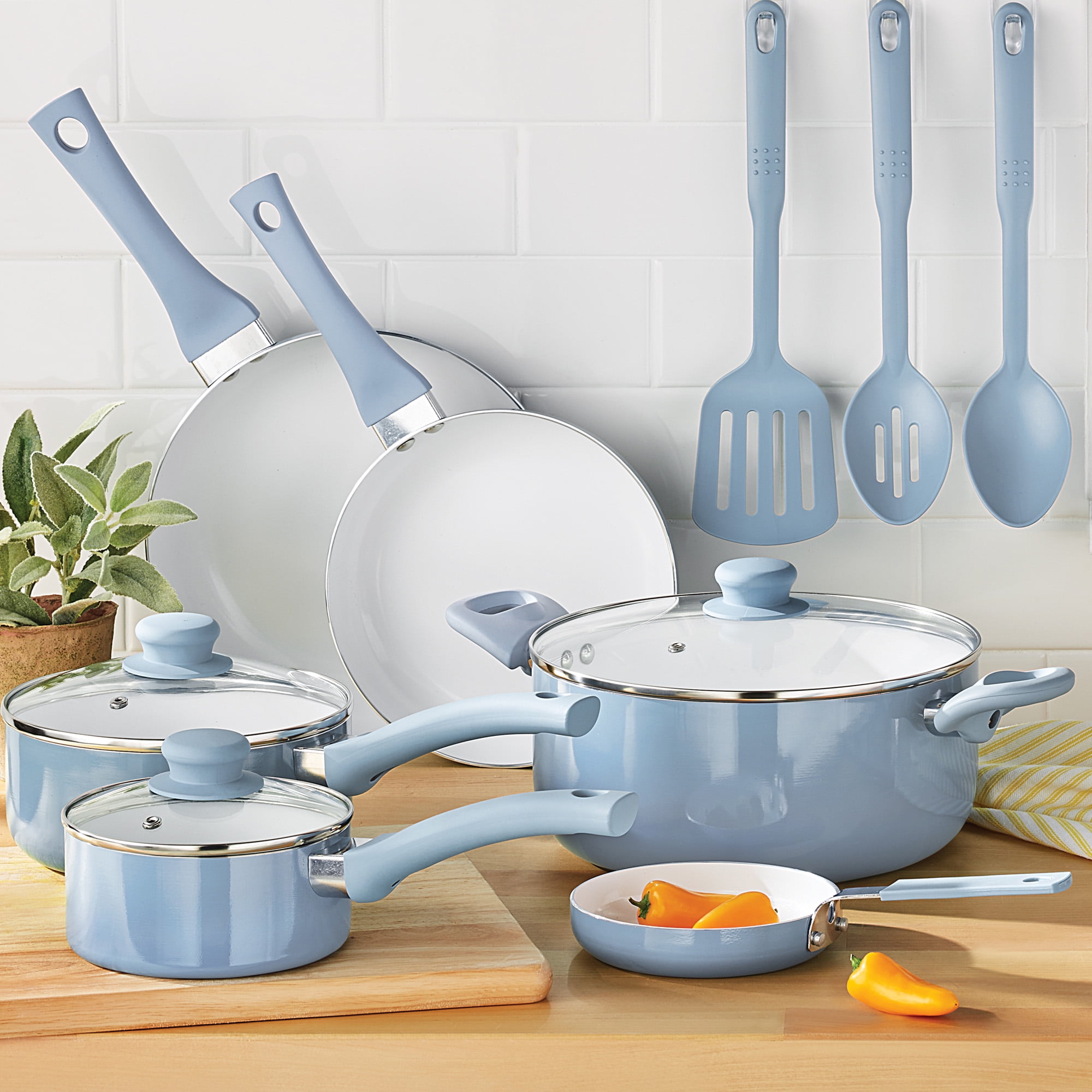
Mainstays Ceramic Nonstick Aluminum 12 Pieces Cookware SET Blue linen
Pro: Lightweight. Ceramic-coated cookware is lightweight and easy to maneuver in the kitchen, unlike cast iron. Below is a table comparing the weight of ceramic-coated cookware and other types of pans. Ceramic Cookware Weight: GreenLife 12-Inch Ceramic Fry Pan ( view on Amazon ): 2.3 pounds.
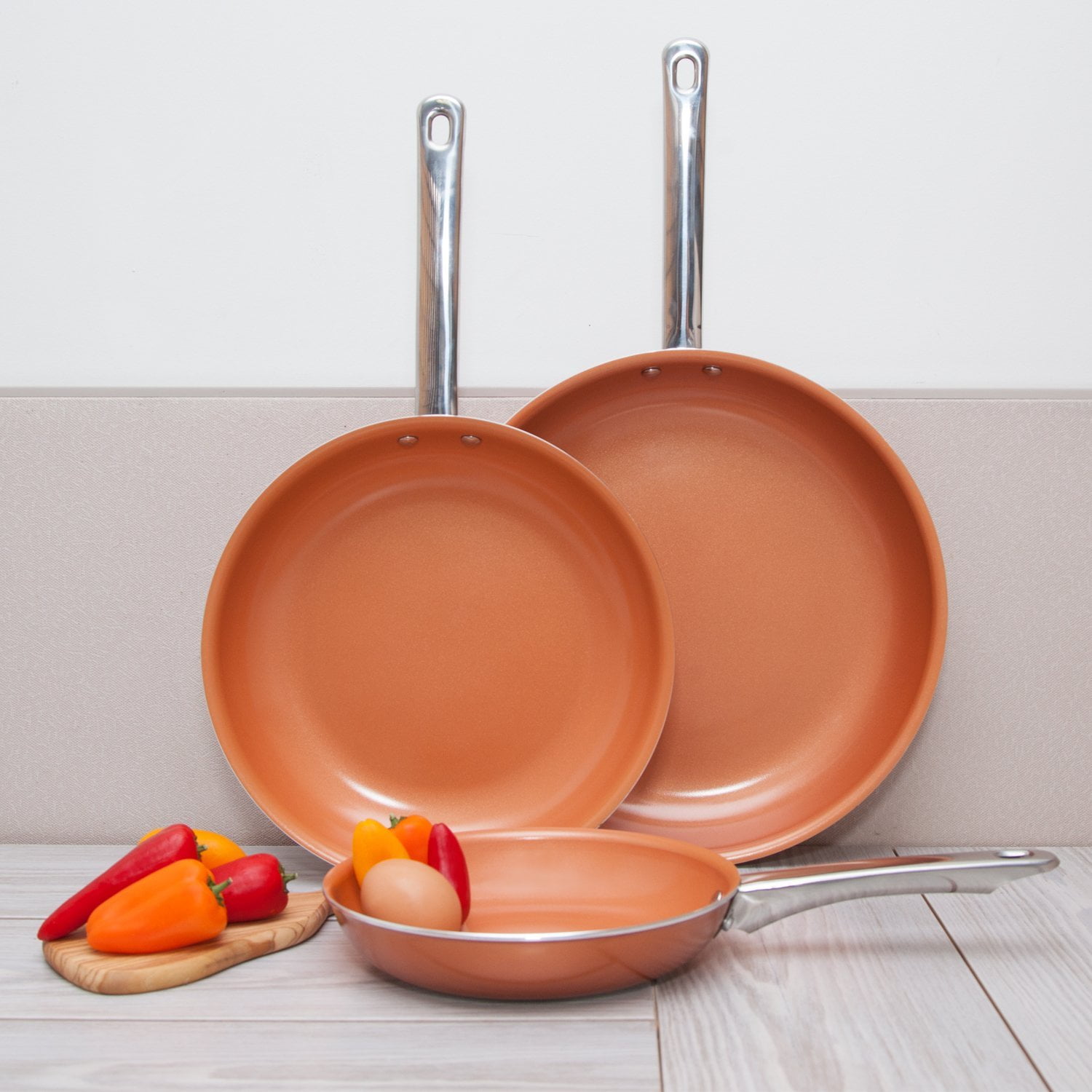
Healthy Nonstick Ceramic Coated Frying Pan 3 Pcs Eco Friendly Durable
3 Cons of All-Ceramic Cookware. Ceramic cookware is great, but it's not without its potential drawbacks. Here are the biggest considerations to make with pure ceramic cookware. 1. Higher Maintenance Needs. Pure ceramic cookware generally requires greater care than materials like stainless steel or enamel.
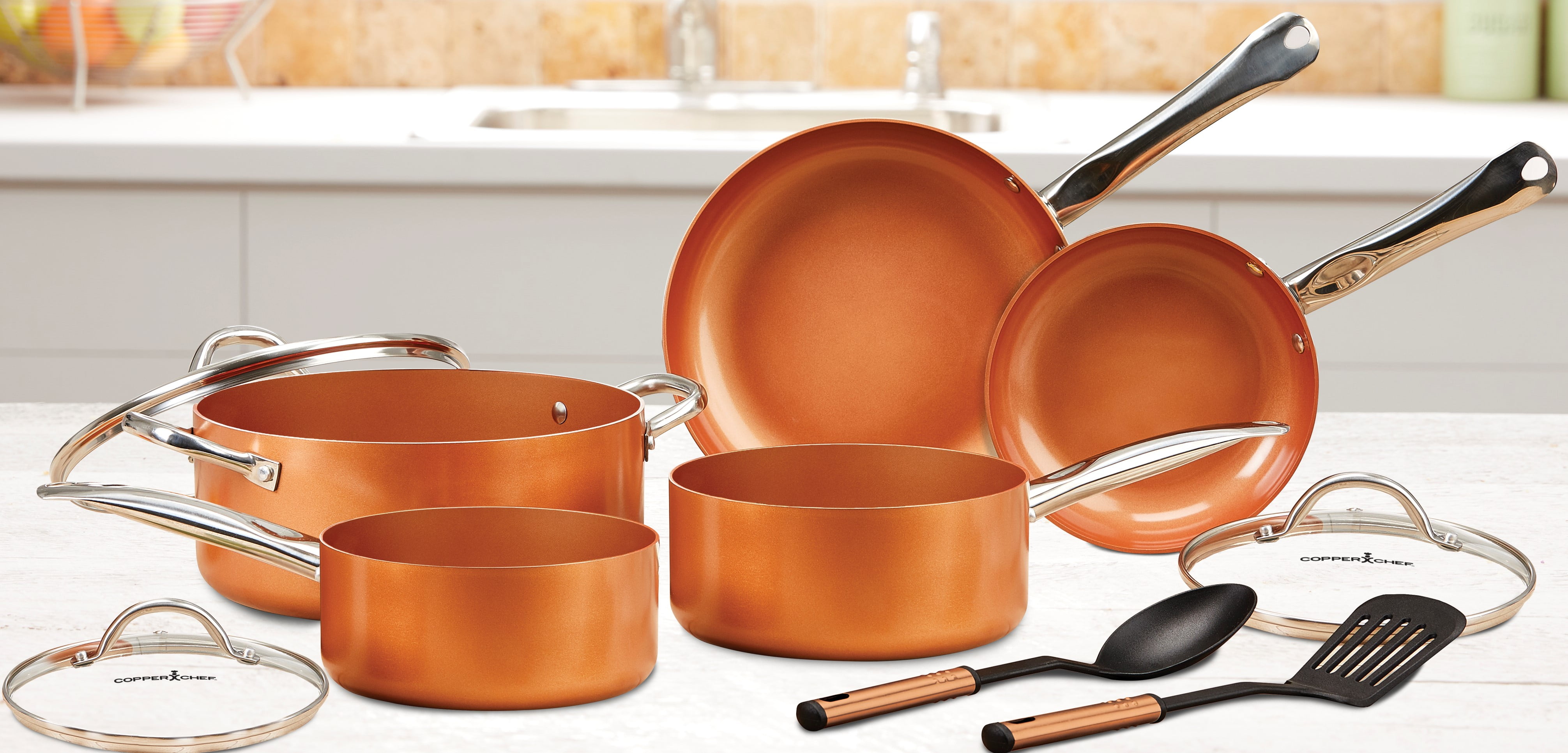
Copper Chef 10 Piece Nonstick Pan Set, with CeramiTech
Ceramic-coated cookware is a toxin-free alternative to traditional non-stick pans. It doesn't have PFOA, PFAS, PTFE, lead, or cadmium. And it doesn't release harmful fumes if it's overheated as traditional non-stick pans can. Ceramic Cookware Pros and Cons 8 Pros of Ceramic Cookware 1. High-Heat Tolerance
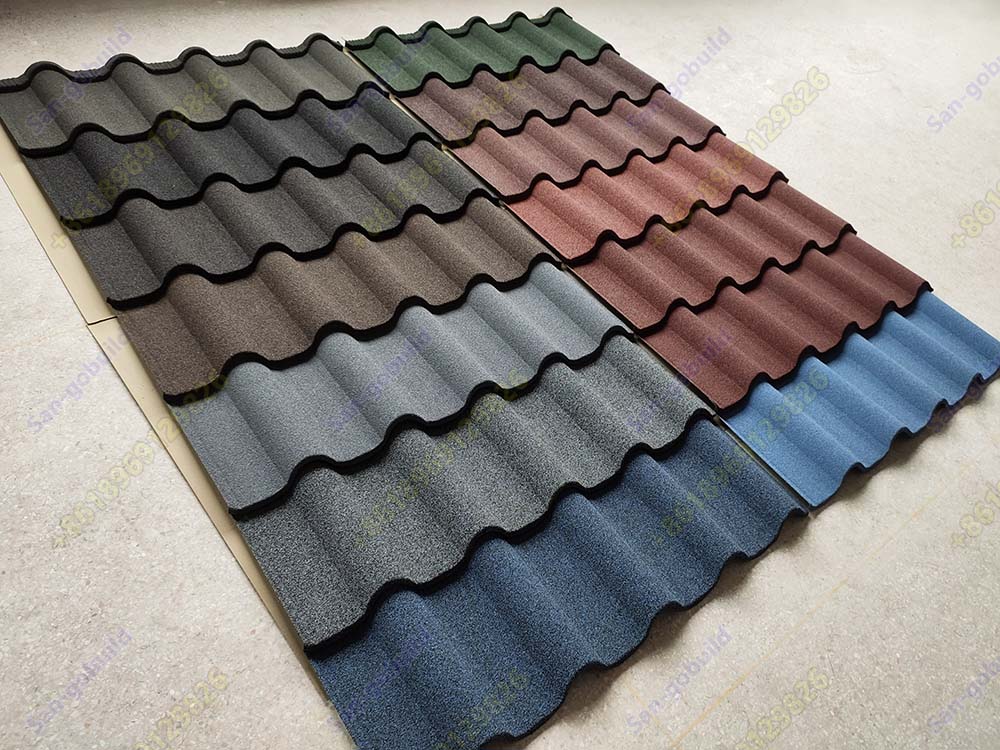
Stone Coated Steel Roofing Pros And Cons A To Z Roofing My XXX Hot Girl
Ceramic Cookware Pros and Cons Part 2: The Cons. 1. You have to be gentle with it. Just like the ceramic dishes in your home, you need to be gentle with ceramic cookware. Well you don't have to treat it like glass, but you'll want to avoid dropping or banging it hard against another object.
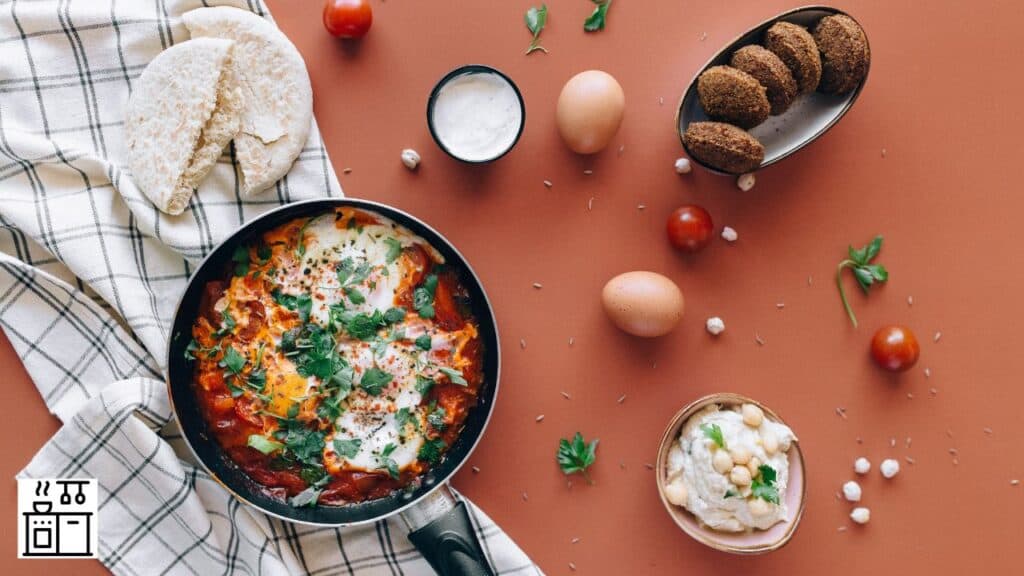
8 Pros and 6 Cons of Ceramic Pans
If you use coated cookware, avoiding temperatures over 500F (260C) is best. Otherwise, you risk damaging the ceramic and compromising its non-stick qualities. Therefore, if you want to fry up some Chinese dishes (or other foods requiring high heat), opt for pure ceramic instead of ceramic-coated. Or, consider adding a high-quality carbon steel.
FREE Ceramic coated pans and other pans in Swindon, Wiltshire Gumtree
Many people know the dangers of Teflon-coated non-stick pans. The coating is made from perfluorochemicals (PFCs), which have been shown to be carcinogenic, disrupt hormone balances, and affect fetal development.. 30 responses to "Understanding Ceramic Cookware (Pros, Cons, & How to Cook With It)".
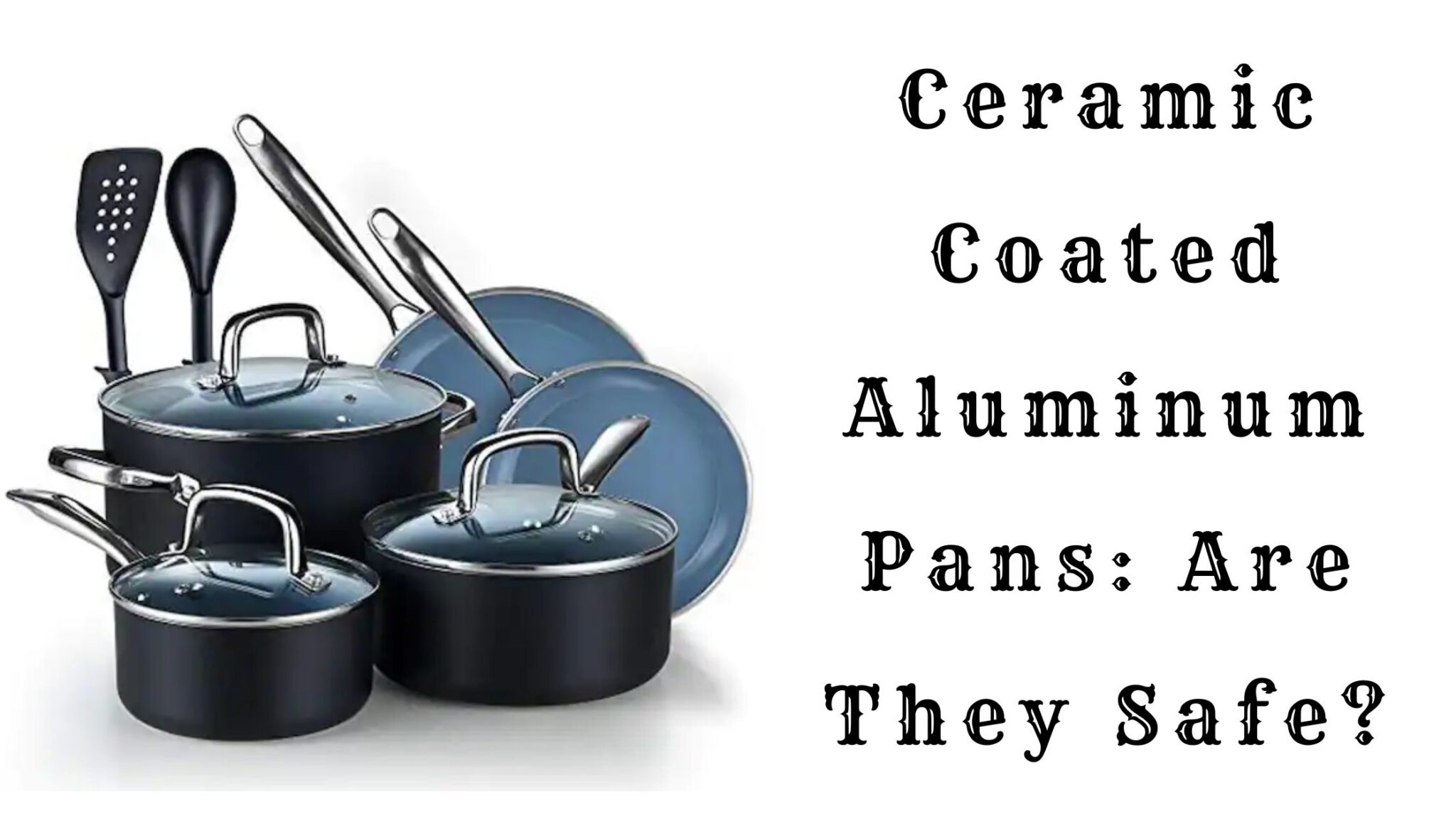
Ceramic Coated Aluminum Pans Are They Safe? All Things Aluminum
Caraway ceramic frying pans are less expensive than the All-clad. We have compared a 12-inch ceramic frying pan of brands like GreenLife, Blue Diamond, and GreenPan with hard-anodized, stainless steel, and cast iron. The price of a 12-inch ceramic frying pan falls under $$30 regardless of brand.